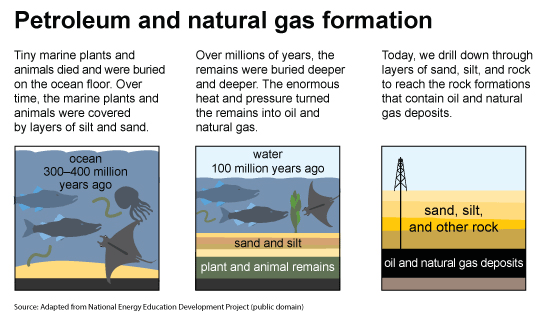In a world where energy choices have never been more critical, selecting the right fuel source for your needs is a decision that can impact your budget, the environment, and your overall lifestyle. Two prominent contenders in the fuel arena are gasoline and natural gas. This article aims to provide insights to help you make an informed choice between these two fuels.
Gasoline: The Traditional Workhorse
Gasoline, the fuel that has powered our vehicles for over a century, has several characteristics that make it a popular choice:
Widespread Availability:
Gasoline is readily available at gas stations worldwide, making it a convenient option for most consumers. The extensive infrastructure ensures that you can refuel your vehicle almost anywhere.
Power and Performance:
Gasoline engines are renowned for their high power output and quick acceleration. If you have a need for speed or own a high-performance vehicle, gasoline is likely your best bet.
Variety of Vehicles:
Gasoline-powered cars come in all shapes and sizes, from compact economy cars to luxury sedans and sports cars. This wide variety ensures you can find a vehicle that suits your needs and budget.
Well-Developed Infrastructure:
The distribution network for gasoline is highly developed, ensuring a stable supply chain. You don’t need to worry about fuel availability in most regions.
Natural Gas: The Cleaner and Cost-Effective Alternative
Natural gas is emerging as a viable alternative to gasoline, primarily due to its environmental advantages and cost-effectiveness.
Environmental Friendliness:
One of the key advantages of natural gas is its lower environmental impact. It emits fewer greenhouse gases and pollutants, making it an attractive choice for those who want to reduce their carbon footprint.
Cost Savings:
In many regions, natural gas is more affordable than gasoline. This can translate to significant cost savings, particularly for industries and fleets that consume large quantities of fuel.
Longevity:
Natural gas engines tend to have a longer lifespan due to cleaner combustion, resulting in reduced wear and tear. This can lead to reduced maintenance costs in the long run.
Infrastructure Growth:
While not as extensive as gasoline, the infrastructure for natural gas is steadily expanding. In areas with dedicated refueling stations, this fuel becomes a more practical option.
Considerations for Your Fuel Choice
Choosing between gasoline and natural gas hinges on a variety of factors:
Your Vehicle Type:
The type of vehicle you own or plan to purchase is a significant consideration. While gasoline vehicles are widely available, natural gas vehicles (NGVs) might require specific infrastructure and vehicle modifications.
Fuel Efficiency:
Gasoline engines have improved significantly in terms of fuel efficiency. However, natural gas engines can often provide better mileage, especially in commercial applications.
Environmental Impact:
Concerns about environmental impact are increasingly significant. Gasoline combustion emits more carbon dioxide and pollutants, whereas natural gas is considered a cleaner-burning fuel.
Availability and Accessibility:
Gasoline is available virtually everywhere, while natural gas might not be as widespread. However, it’s worth noting that the availability of natural gas is steadily increasing.
Making the Decision
In conclusion, the choice between gasoline and natural gas depends on your specific circumstances. If you’re looking for a readily available fuel for your everyday car and don’t want to make significant changes to your lifestyle, gasoline may be the way to go. On the other hand, if you’re environmentally conscious and have access to natural gas infrastructure, it can be a viable and cost-effective option.
When making your decision, consider your vehicle type, fuel efficiency requirements, environmental concerns, and the availability of infrastructure in your area. By weighing these factors carefully, you can make the right fuel choice that aligns with your values and budget.
